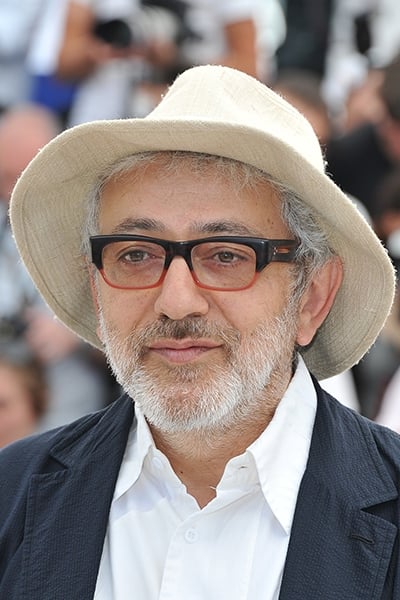

Filmmaker Elia Suleiman travels to different cities and finds unexpected parallels to his homeland of Palestine.

At the 60th anniversary of Cannes Film Festival, 34 famous directors are followed by camera.
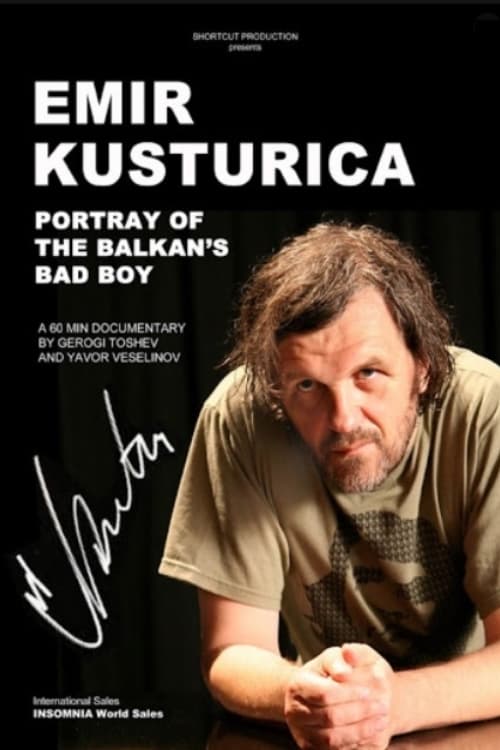
A film director, an actor, a musician, an organizer of festivals, a husband, a father, a grand-father, a friend, a professor... This film is an unexpected meeting with one of the most fascinating European film directors: Emir Kusturica. This is a journey to memory and forgetfulness. Beyond success, money, dependencies and pride. A deeper look into the world of Kusturica and his Wooden city at Mokra Gora. A tale about the won battles, as well as the lost ones. About the everlasting curiosity in filmmaking.
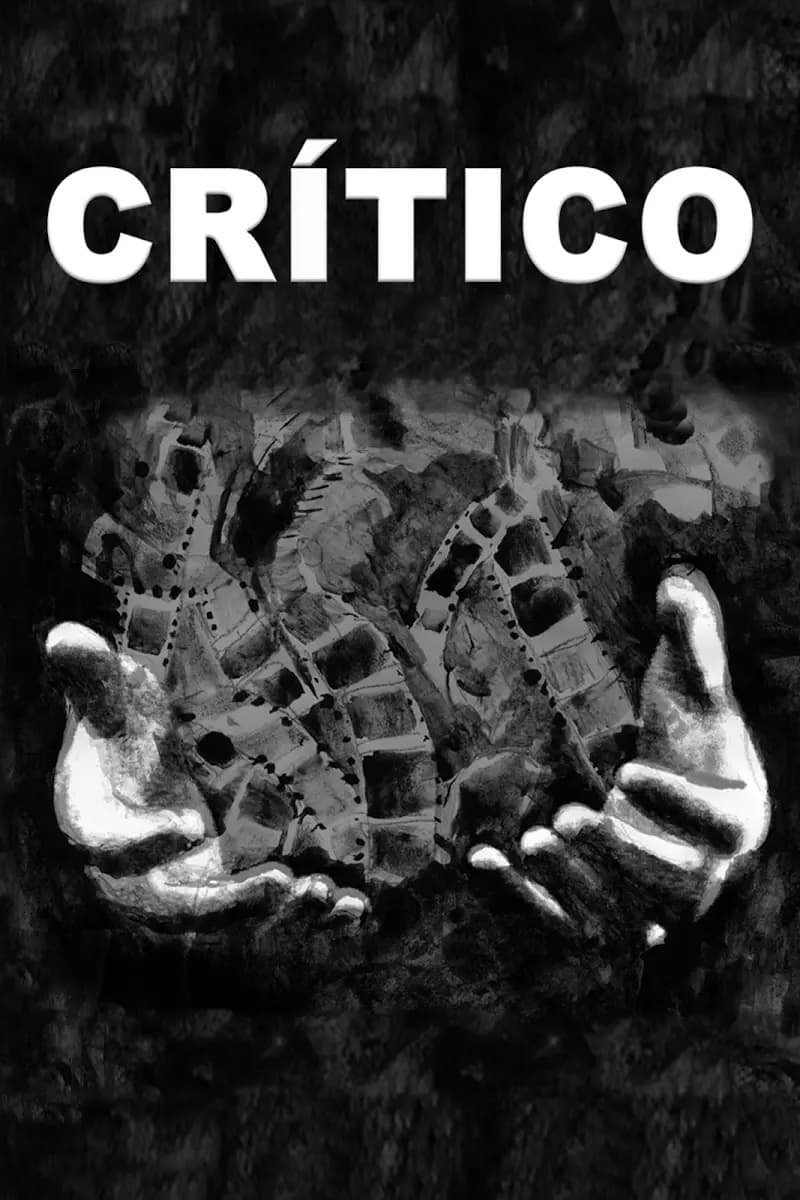
Seventy critics and filmmakers discuss cinema around the conflict between the artist and the observer, the creator and the critic. Between 1998 and 2007, Kléber Mendonça Filho recorded testimonies about this relationship in Brazil, the United States and Europe, based on his experience as a critic.
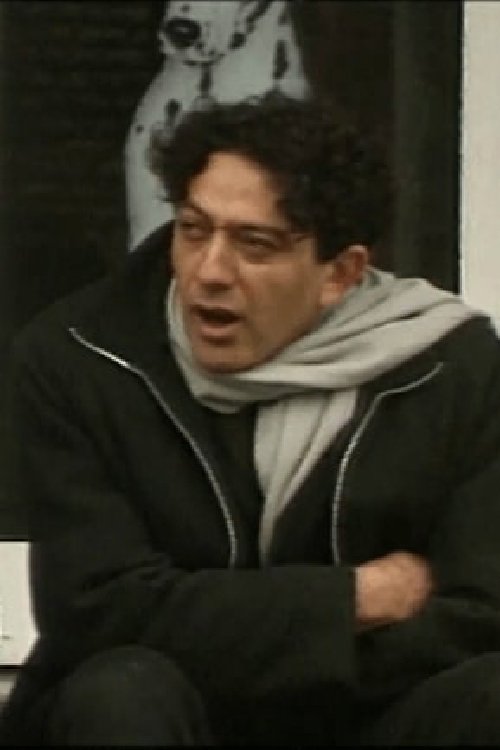
In this autobiographical film the Palestinian filmmaker Elia Suleiman goes in search of his past and possible future in occupied Palestine. Wherever he looks, he feels surrounded by images and places that have a political significance. Can a landscape be free of meaning, is there any point in striving for an approach that transcends all ideology? Commissioned by the ARTE network as part of a series of films for the end of the millennium, this film is a travelogue through Jerusalem, Nazareth and Ramallah. The film is a meditation on quotidian injustices, and a formulation of an aesthetic and creative response to them.
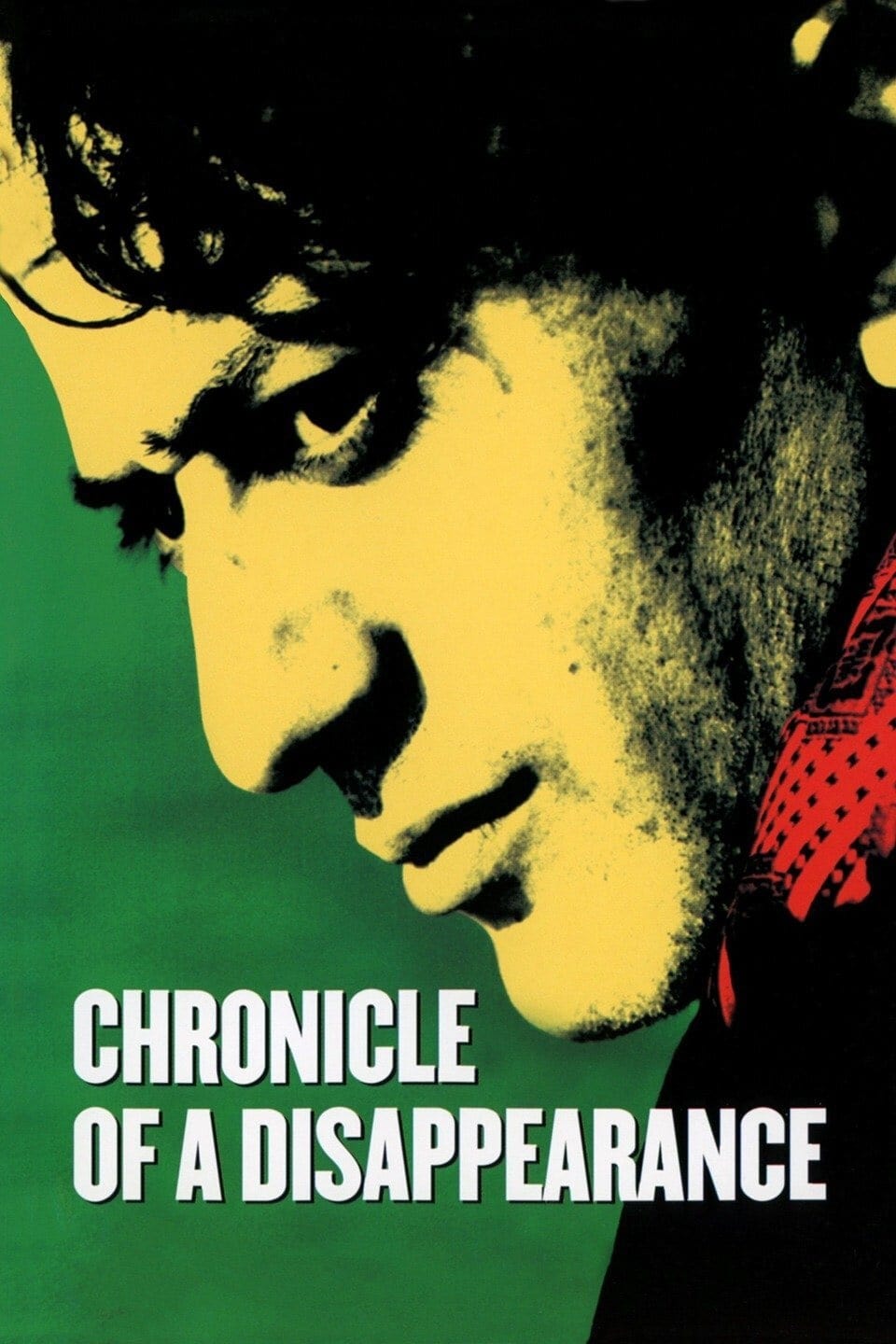
Chronicle of a Disappearance unfolds in a series of seemingly unconnected cinematic tableaux, each of them focused on incidents or characters which seldom reappear later in the film. Among the many unrelated scenes, there is a Palestinian actress struggling to find an apartment in West Jerusalem, the owner of the Holy Land souvenir shop preparing merchandise for incoming Japanese tourists, a group of old women gossiping about their relatives, and an Israeli police van which screeches to a halt so several heavily armed soldiers can get off the car and urinate.
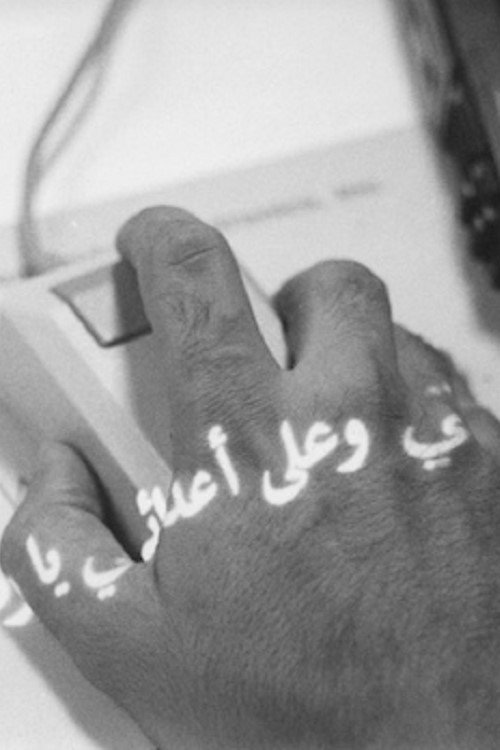
A Palestinian filmmaker is writing a script in his New York apartment during the first Gulf war. As much as he tries to shut himself off from the exterior world, images of past wars in the Middle East come back to haunt him.
Elia Suleiman (Arabic: إيليا سليمان, IPA: [ˈʔiːlja sʊleːˈmaːn]; born 28 July 1960; Nazareth) is a Palestinian film director and actor. He is best known for the 2002 film Divine Intervention (Arabic: يد إلهية), a modern tragicomedy on living under occupation in Palestine which won the Jury Prize at the 2002 Cannes Film Festival. Suleiman's cinematic style is often compared to that of Jacques Tati and Buster Keaton, for its poetic interplay between "burlesque and sobriety". He is married to Lebanese singer and actress Yasmine Hamdan.
By browsing this website, you accept our cookies policy.